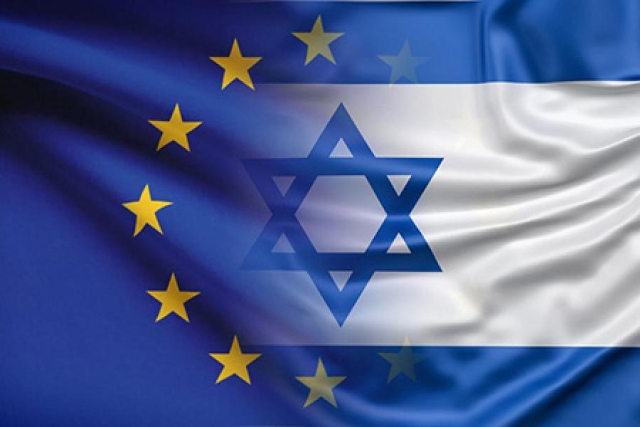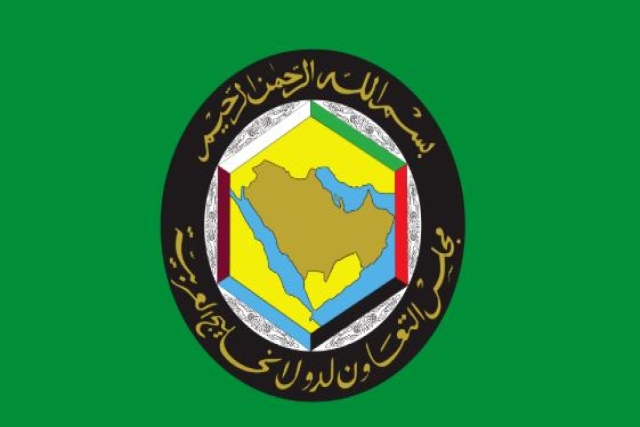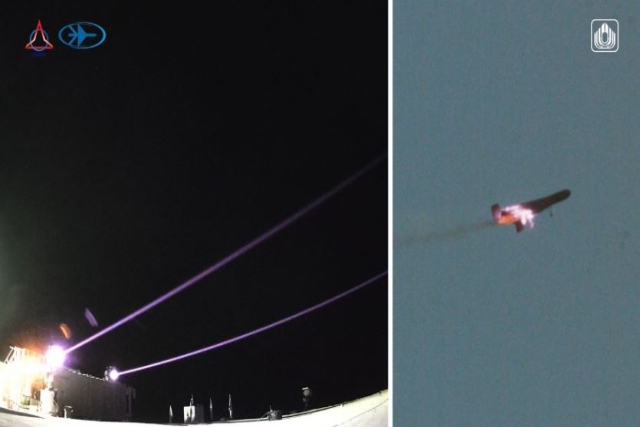EU Commission Proposes Sanctions, Partial Trade Suspension against Israel
Proposed tariffs on Israeli exports worth billions, sanctions on ministers, and suspension of trade pact under debate

The European Commission has proposed economic measures against Israel, including tariffs, partial trade suspension, and sanctions, as Israeli forces continued their ground assault in Gaza City on September 17.
President Ursula von der Leyen said the plan would target over one-third of Israeli exports to the European Union — $6.88 billion of $18.8 billion — with tariffs adding about $269 million in annual duties. The proposal also seeks to suspend parts of the EU’s Association Agreement with Israel and sanction two Israeli ministers.
“The horrific events taking place in Gaza on a daily basis must stop,” von der Leyen said, calling for a ceasefire, unrestricted aid access, and the release of hostages.
EU members remain split. Ireland, Spain, Denmark, Sweden, and the Netherlands support suspending the trade pact, while Germany, Hungary, and Czechia have opposed similar efforts. Trade suspension requires backing from 15 of 27 EU states; sanctions on individuals require unanimity. Earlier this year, Hungary and Czechia blocked sanctions against Israeli settlers.
Berlin has yet to declare its stance. A German spokesperson said it was important to maintain dialogue with Israel.
Israeli Foreign Minister Gideon Sa’ar called the proposals “morally and politically distorted,” warning: “Steps against Israel will be answered accordingly. Moves against Israel will harm Europe’s own interests.”
Analysts warned of broader implications. David May of the Foundation for Defense of Democracies said Europe’s move shifts pressure away from Hamas: “If European powers are serious about helping Palestinians and preserving Israeli security, they should focus their efforts on dismantling Hamas rather than preventing Israel from doing so.”














